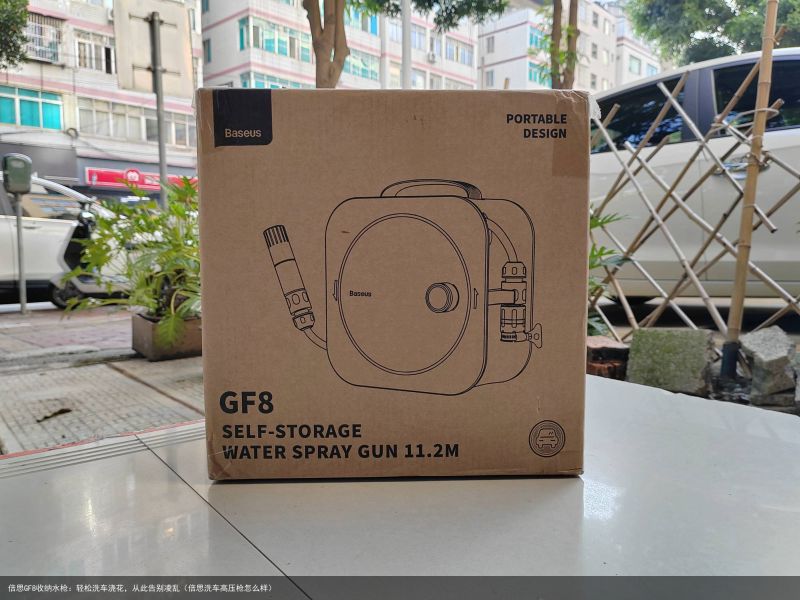摘要:1 Jason Glen is a 12-year-old boy from Riverside High School.詹森格伦是一个来自河畔
Lesson 16 We Are with You!
第16课 我们和你在一起!
1 Jason Glen is a 12-year-old boy from Riverside High School.詹森格伦是一个来自河畔中学的 12 岁的男孩。
1.1 12-year-old,复合形容词,十二岁的。谨记:复合形容词数词后的名词要用单数。
1.2be from来自于
1.3Riverside High School专有名词,河畔高中,注意前不加定冠词the。
2 On the first day of school, something terrible happened.
在上学的第一天 可怕的事情发生了。
2.1On the first day of...在……的第一天。
2.2on用于具体某天或某一天的早上、上午、下午或晚上。on Sunday在周日。
at用于钟点、黎明、中午、黄昏、半夜,指具体时刻,at six在六点钟,at noon在中午。
in泛指在早上、中午或晚上及在某月份、季节、年份、世纪,一般指较长时间。in the morning在上午。
2.3terrible形容词,可怕的,非常严重的,在本可中作后置定语。
2.4happen与take place的区别: ①take place指事先计划好的事情或举行的活动。
②happen多指偶然事件,发生意外事故,不幸的事。
2.5 happen的用法总结
①"sth.+happen+地点/时间",意为"某地/某时发生了某事”。
②"sth.+happen to+sb."意为"某人出了某事(常指不好的事发生在某人身上)”。
③"sb.+happen+to do sth."意为"某人碰巧做某事”。
3 Jason Glen and his family lost everything in a big house fire.詹森格伦和他的家人在一场大火中失去了一切。
3.1lose的用法
①lose 及物动词,丧失、失去
需要后接名词等,常见短语:
lose hope失去希望
lose weight减肥
lose interest 失去兴趣
Dont lose hope.不要失去希望。
Dont lose your balance.不要失去平衡。
He lost such a good opportunity.
他失去了如此好的一个机会。
She lost interest in basketball.
她失去了对篮球的兴趣。
2.lose及物动词,丢失、找不到,迷失(道路、方向)
She lost the film tickets.
她丢失了电影票。
Try not to lose the key.
尽量不要丢了钥匙。
We lost sight of the dog.
我们看不到那条狗。
She lost her way in the Snowstorm.她在暴风雨中迷了路。
3.lose 及物动词,输(比赛等)
We wont lose.
我们不会输的。
Did your team lose?
你们队输了吗?
lose+比赛、战争、选举、辩论等
They lost the football game last week.
上周他们输掉了足球赛。
Tom lost the game by 1 point.
汤姆以1分之差输了比赛。
3.2in a big fire.在一场大火中。
4 It was a very hard time for them.
对他们来说那是一段艰难的时光。
4.1 It be a very hard time for sb. to do sth.对某人干某事来说是一段艰难的时光。
5 Jasons classmates heard the bad news.詹森的同学听说了这个坏消息。
5.1hear及物动词,听到,听见,强调“听”的结果;listen to 指有目的、有意识地去听,强调“听”的动作。
5.2news不可数名词,消息,
一条消息a piece of news.
6They stood up and said, "Jason, dont be afraid. We are with you."
他们站起来说:“詹森,不要害怕。我们和你在一起。”
6.1stand up站起来,起立
6.2Dont be afraid.不要怕。否定祈使句,句末一般用句号,若语气较强时,则用!Dont eat in class!不要在课堂上吃东西!
6.3be with you和某人在一起。
6.4afraid只做表语,不做定语(做定语用frightened)
①be afraid of sb/sth害怕某人、某事
丽丽害怕她的数学老师。
Lily is afraid of his maths teacher.
丽丽害怕她的数学老师。
②be afraid of doing sth 害怕做某事
He was afraid of falling into the swimming pool.他害怕掉进游泳池。
③be afraid to do sth 害怕做某事
I am afraid to go out alone at night.在晚上我害怕一个人外出。
7 The class wanted to help Jason and his family.
全班想要帮助詹森和他的家人。
7.1help Sb.帮助某人
7.2help sb. to do sth.帮助某人干某事。
8 So they came up with a plan.
所以他们想出了一个计划。
8.1come up with 想出,提出(主意、答案等)
9 The next day, many students brought clothes and food from their homes.第二天,很多学生从家里带来了衣服和食物。
9.1the next day第二天,常用于一般过去式。
9.2bring sth. from 从……带来某物
9.3clothes 和 clothing 均可表示“衣服”,用作“衣服”的统称,但在用法上有差别:
①clothes 是一个没有单数形式的复数名词,其前不可加不定冠词,也不可加数词,但可用 some, these, those, many, few 等词修饰。如:
正:those clothes / few clothes / many clothes
误: a clothes / two clothes / three clothes
②clothing 是不可数名词。如:
They wear very little clothing.他们衣服穿得很少。
③比较而言: clothes 的含义比较具体,而 clothing 的含义则比较抽象。从语体上看,clothing 比 clothes 更正式。
He is washing his clothes.他在洗衣服。
Our clothing protects us against the cold.我们的衣服可以御寒
10 The school had a car wash and a cookie sale.
学校进行了一次洗车和卖饼干的活动。
10.1have a car wash洗车。wash
10.2wash作名词常用单数,冲洗,洗涤
10.3have a cookie sale卖饼干
10.4sale名词,出售,销售。
on sale出售,上市。
for sale待售,供出售。
11 In just three days, the school raised $1200.仅仅 3 天时间学校筹集了 1200 美元 。
11.1raise的用法(过去式raised,过去分词raised)
①及物动词,筹集(资金)
raise + money
They raised a lot of money by doing voluntary work.
他们通过参与志愿者工作筹集了很多资金。
They raised more than two hundred thousand yuan for the children.
他们为孩子们筹集了20万以上的资金。raise money for...为……筹钱。
②将....抬高/举起 raise + sb./sth。
Please raise your hand.请举起你的手。
Would you please raise the plate?
请把盘子抬高好吗?
③提高(价格) ,增加
raise price提高价格
They raised the products price.
他们提高了产品的价格。
The shop has raised its price.
这家商店提高了它的价格。
raise ones voice 提高声音
④养育,饲养,种植
raise a family养家
raise sheep养羊。
11.2in three days在三天里。
12 Yesterday, the school gave the money to Jasons family.
昨天,学校把这些钱给了詹森的家人。
12.1give sth. to sb.=give sb. sth.
把某物给某人。
13 Jason said to his friends, "Thank you, my dear classmates and teachers.
詹森对他的朋友说:“谢谢你们,我亲爱的同学和老师们。
13.1say to sb.对某人说。
14 My family and I will never forget this.我的家人和我将永远不会忘了你们给予的帮助。”
14.1family当把“家庭”作为一个整体的抽象概念来考虑的时候,谓语动词用单数;当把“家庭”理解为“全家人”的时候,谓语动词用复数形式。
14.2forget to do sth 意思是“忘记要去做某事”,指的是这件事情本来要做,但是忘记了。实际上这件事情还没有去做。
forget doing sth意思是“忘记做了某事”,指的是这件事情已经做了,但是忘记了做过这个事情。
15 Its important to help others.
帮助别人很重要。
15.1Its important for sb. to do sth.对某人来说干某事很重要。
15.2 help others帮助别人。
16 When people help each other, it makes the world a nicer place.
当人们互相帮助时,世界就变成一个更美好的地方。
16.1each other互相,彼此。
16.2help each other.互相帮助。
16.3a nicer place. 一个更好的地方。
nicer是nice的比较级。
17 There are many ways to help others.这儿有很多帮助别人的方法。
17.1There be句型中be的数遵守“就近原则”或以其后名词的数变化。
17.2to help others.是动词不定式用作后置定语修饰ways。
18Here are two common ways。这儿有两种常见的方法。
18.1Here be句型be的数要根据其后名词的数来确定。
18.2common形容词,普通的,常见的。
18.3way可数名词,方法。
19raise money.筹钱。
sell a product.卖产品。
provide a service.提供服务。
make money.赚钱。
20Donate——collect and give away things like,clothes , food, toys ,books,etc.捐赠——收集并分发像衣服、食物、玩具、书之类的东西。
20.1give away赠送,分发(常含有捐赠的意思。The old man gave away all his books to that school.这位老人把他所有的书都捐赠给了那所学校。









